![]()
The capacity and creativity of Community Supported Agriculture (CSA) models are growing. What used to be a simple (but noble) system of receiving a box of veggies fresh from a reasonably local farm each week is no longer the only CSA option for getting connected to your food.
But if you’re invested in picking up a box of gloriously local veggies each week, why not pastured meat also? Why not a fleece or ball of yarn? Why not local grains? The possibilities are endless, and there’s people out there already doing it…
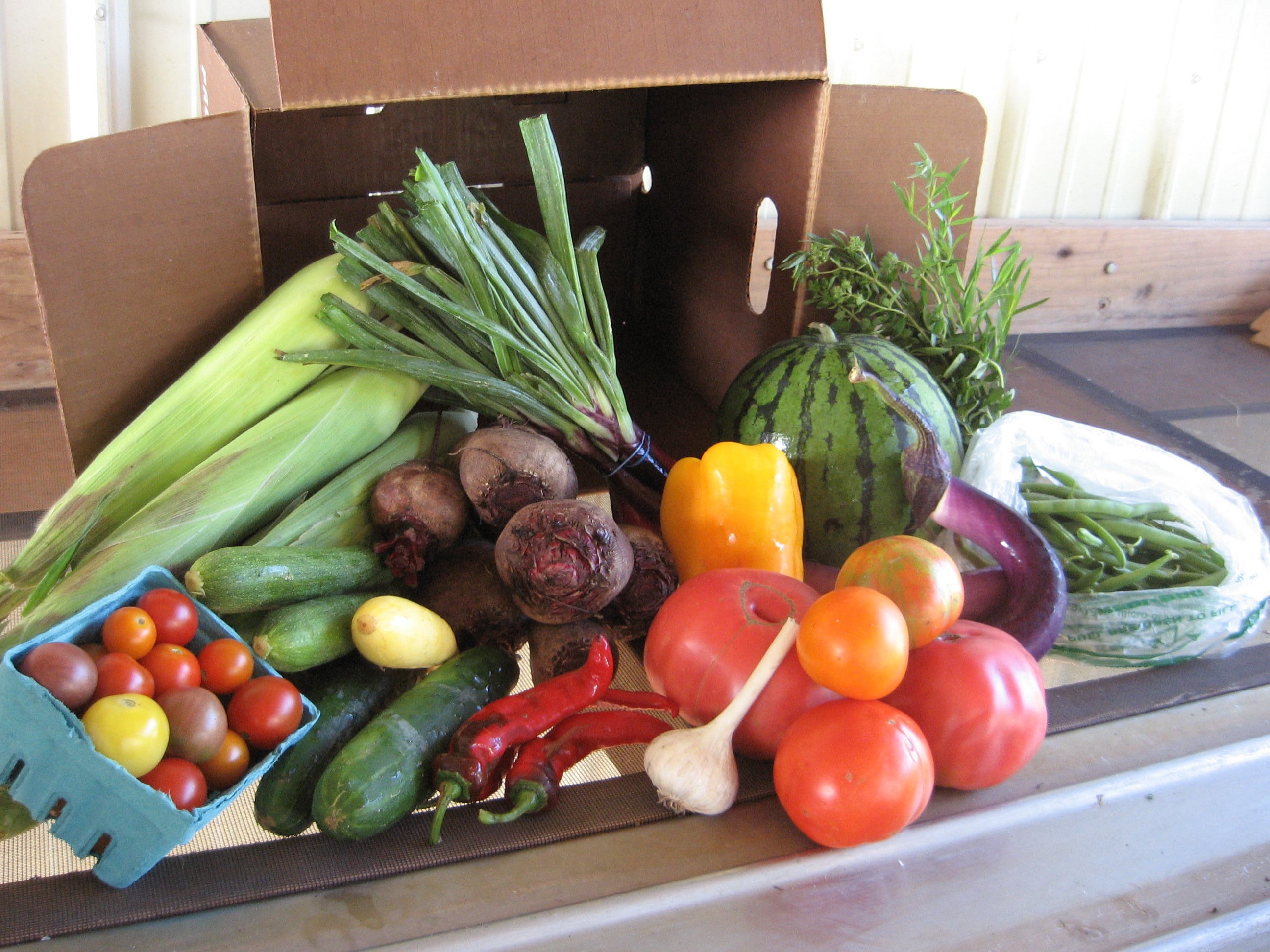
Weekly CSA box – photo by Loon Organics
In the land of OZ, we need more CSAs. Of every type, of every color. CSAs can be a great model that supports everyone and everything – the growers, the eaters, the wider community and of course the Earth.
We need more single-farm CSAs which strive to supply a group of subscribers with a regular veggie box, and we need more multi-farm CSAs where the load is spread between farms to provide a similar box.
In Australia there has been and continues to be some great CSAs sprinkled across the land, but they are a little few and far between. Exactly why this is is a complex thing, though as a crew learning to grow food on a community scale we can say that we’ve got some ideas as to why that might be.
As we at Milkwood know however, passion will get you a bloody long way. And its getting excited about good ideas that can provide the gumption to make right livelihoods (and local food systems) roll, so here’s some of the exciting options we’ve come across of late for growing innovative CSA systems:
Meat CSAs:
These are a great idea, a bit like Joel Salatin’s Polyface Farms model. The customer signs up for a month or a quarter year or whatever the details are, and receives packs of various meats from a farmer they know. Mixed meats, just poultry, meat and eggs, etc. Lots of options and ideas depending on the grower’s resources.
This kind of model benefits the farmer because they can make decisions on when and how many beasts to slaughter based on the CSA’s subscriber counts – without having to worry about taking excess product to the saleyards, or having to on-sell it to the local butcher (where they’d usually get paid by weight, not by nutrient density, ethical husbandry etc). This means the farmer gets a fair price for the ethically raised meat they’ve raised, which means in turn that they can keep farming. Which means more ethical animal husbandry, ultimately. Examples:
- Yeehaw Farm Meat CSA
- John Crow Farm Meat and eggs CSA
While not working in the CSA model, Polyface Farm has an incredible farmer-direct model for ethical meat production that’s being replicated worldwide, and is well worth a look.
Grain CSAs:
Possibly the future of small-scale grain growers until we get our acts into gear on grain growing. Unless you’re on the paleo diet, and even if you are, it’s fair to admit that our society eats an awful lot of grain. Probably too much. But good wholefoods in balance with the rest of your diet, including grain, are awesome (eat one of Rose’s sourdough spelt croissants and tell me different, go on). If i could join one of these, I would.
Like vegetable and meat CSAs, a grain CSA allows the grower to plan ahead, and know that on the other side of harvest awaits a crew of people who will eat the produce. The average size of a cropping farm in Australia has gone through the roof in the last 30 years, as small-scale grain production has become ‘unviable’. Unless we all want to eat grain from massive monocultures as our only option (organic or no), the grain thing is a subject that needs discussion and creativity directed at it pronto.
Example: Mendocino Grain CSA (and another link to the same project here)
Fibre and Yarn CSFs:
(Community Supported Fibreculture) ok there’s not many of these around yet, but what an awesome idea. It’s small, it’s niche, it’s providing hand-made arts with a story and a farmer with a livelihood… a great idea for smaller acreages, or for land that’s being repaired, but not currently up for much else. Or for people who like shearing but not eating sheep.
Example: Jupiter Moon Yarn and Fibre CSA
And of course there’s many, many CSAs which are trying combos of vegetables and the above, as befits the future of small diverse farms. And there are many incredible CSAs that do vegetables only, and that’s great too. The more functional models the merrier. My point is that there’s lots of paths to creating livelihoods out of land stewardship and growing things.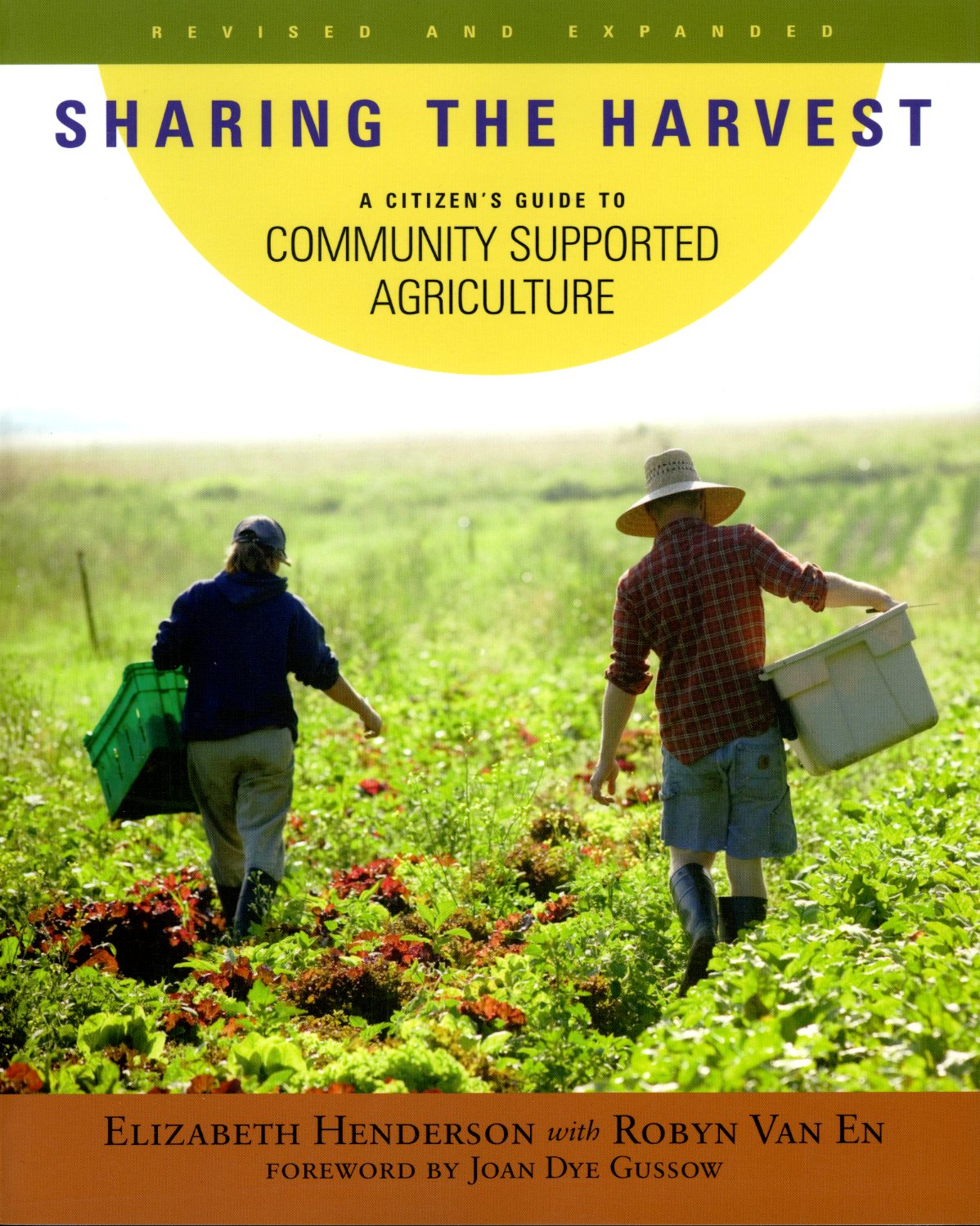
Great CSA resources for future growers:
- The CSA toolkit (Great Australian online resource)
- Sharing the harvest: a Citizen’s guide to Community Supported Agriculture (book)
And lastly just a couple of Australian CSAs (comment below if you’re running one and I’ll add you to this list?):
- Transition Farm – VIC
- The Farm Gate – Central West NSW
- Symara Farm CSA – QLD
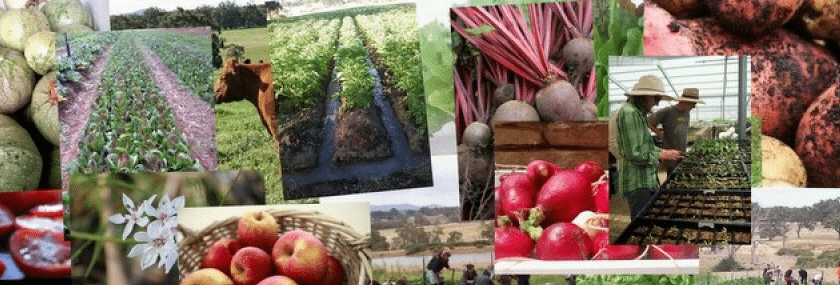
Photo by Jupiter Creek Farm
While CSAs are not the only model available for small scale growers (schemes like Food Connect are another great option, for different reasons), they do provide more stability in general than the flux and flow of farmers markets for most growers, create great customer relationships and provide energy and gumption to keep going through the tough times.
In the US, the CSA model is gaining huge popularity (as you can tell from the prevalence of US links above) but at this point Australians haven’t generally embraced the model. Yet.
But change is the constant, and everyone wants good clean food. All it takes is motivated, skilled-up folks to rise to the challenge of growing it, armed with innovative models for ensuring they can keep doing it.
If you’re keen to skill-up in how to grow great food on a community scale, our next two courses in Organic Market Gardening are:
- Starting an Organic Market Garden: Milkwood Farm 2-3 Feb 2013
- Organic Market Garden Masterclass: Allsun Farm 9-11 Mar 2013
>> More posts and resources for growing organic food on a community scale
Lead photo by Lexicon of Sustainability
Big huzzahs to The Greenhorns, as many of the links above can be found in their new book which has wonderful amounts of excellent leads for different small farm models.

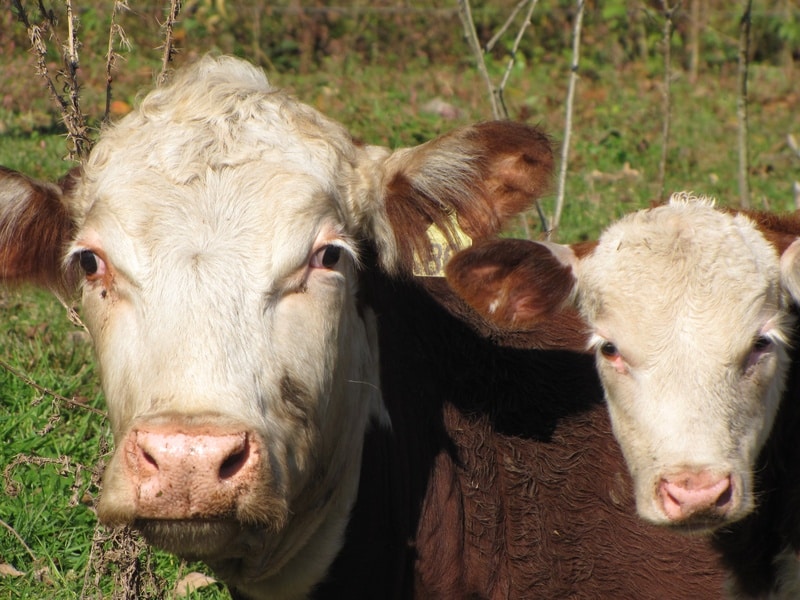
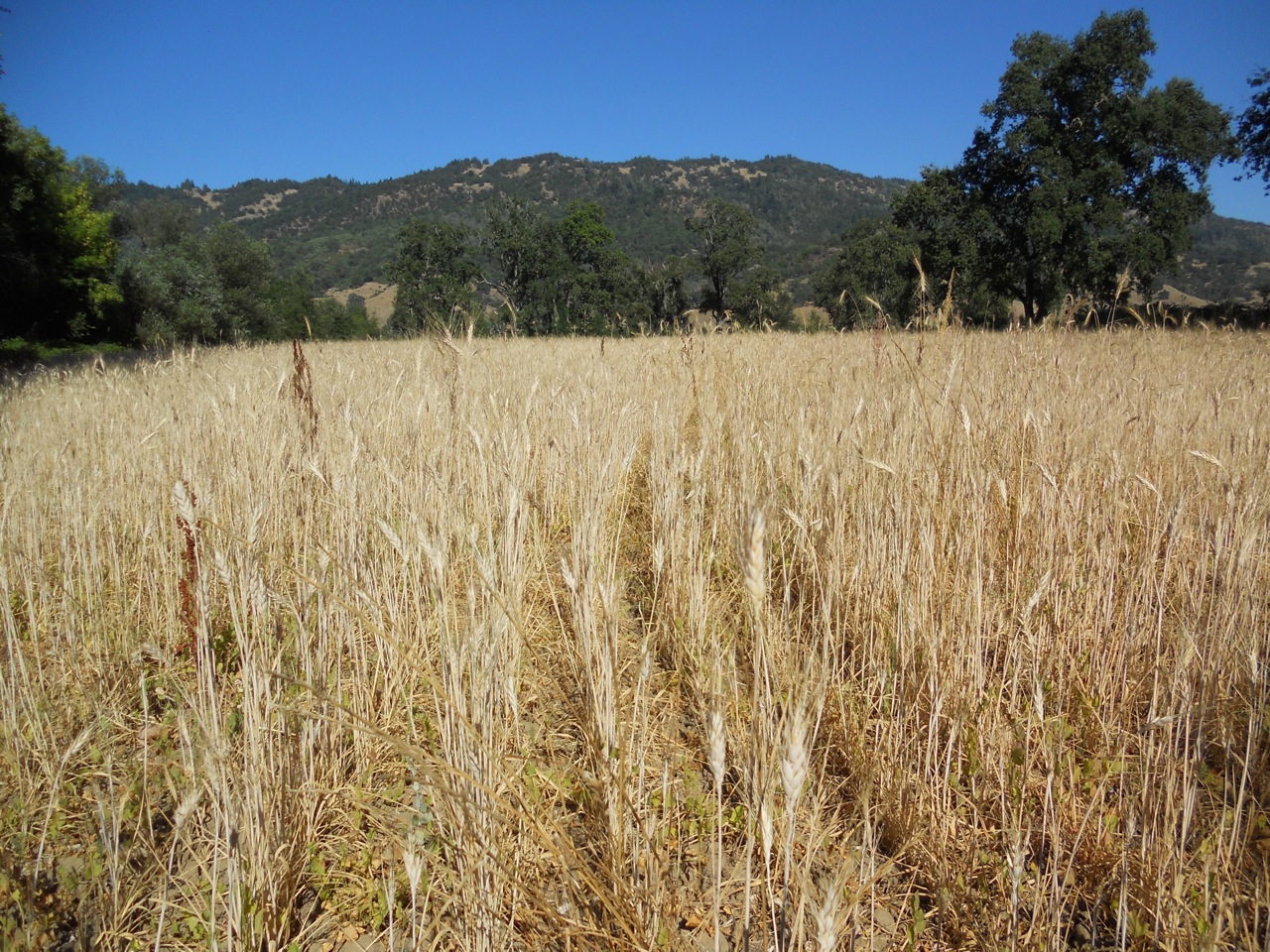

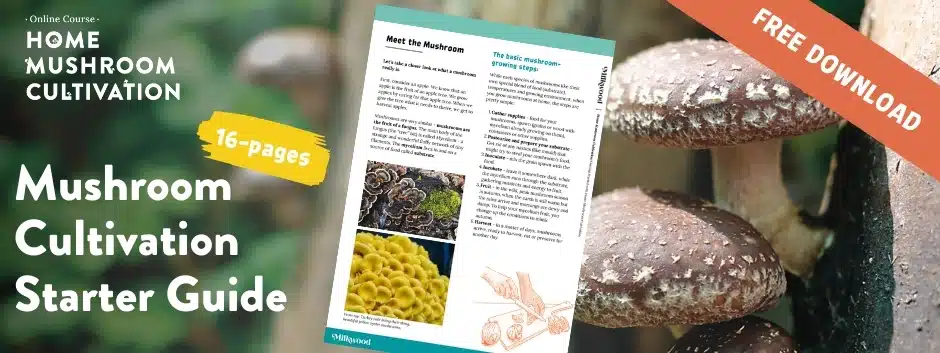
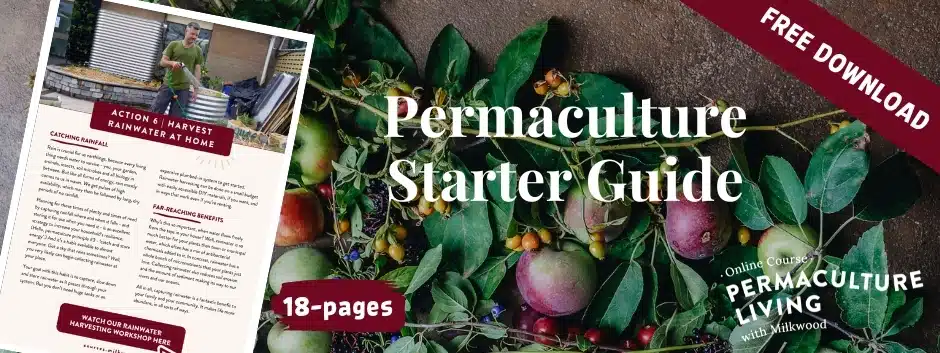
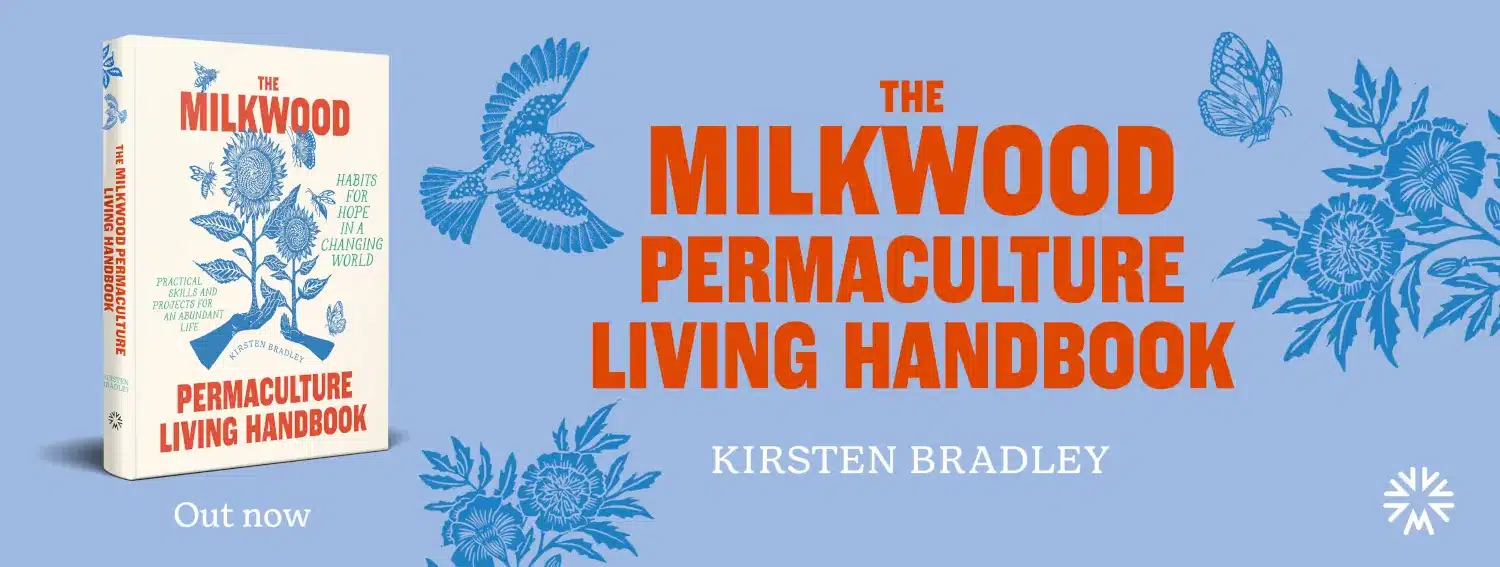

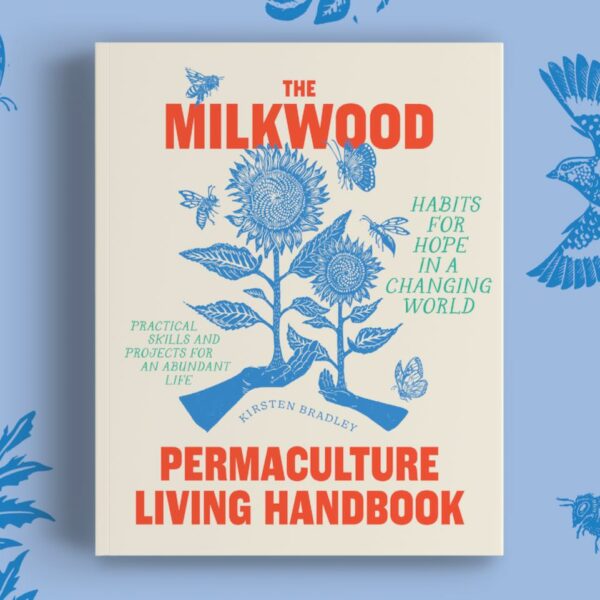
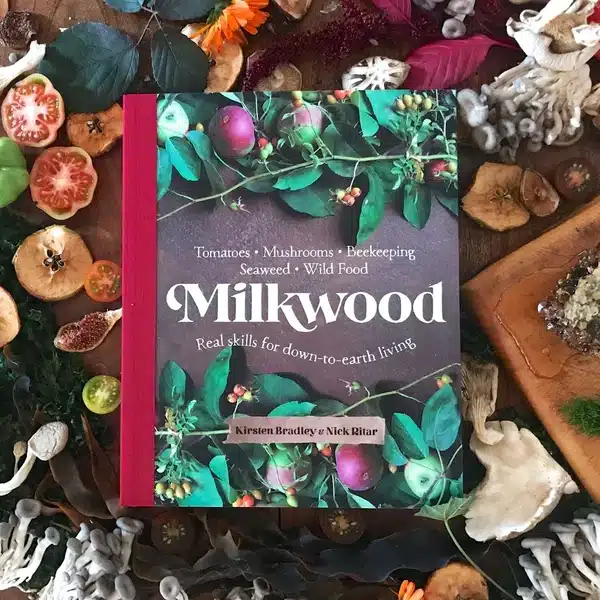






Hi! Fyi, all the info about the Mendocino Grain Project can be found here: http://mendocinograin.net/ Cheers!
cheers, i’ll add that to the post 🙂
so basically there are no CSA’s in Oz? ONE in NSW? No wonder I can;t find them…
There’s probably heaps more, but we’re not aware of them. Yet 🙂
Thanks Kirsten! A CSA with heirloom produce and fibres is my dream, and I salivate over the wealth of wonderful CSA’s in the US. Looking forward to the day there are loads more of them in Oz!
Hi Kirsten, thanks for the link to our site!
There is also Sandy Creek Organic Farm at Beerwah (sunshine coast)
http://www.facebook.com/sandycreekorganicfarm
Running a CSA ourselves, it is a mystery to me why the model is not more popular here. Admittedly it is a bit intimidating being responsible for feeding all those families each week, and there are significant logistical challenges in growing and distribution.
My feel is it will be aspiring agrarians that will be the main drivers of the csa movement in Aus!
Cheers,
Ray
Hi Kirsten, Symara Farm and Sandy Creek Organic Farm have fantastic produce. Food Connect is also big in Brissie http://www.foodconnect.com.au, and I can see they have a Sydney group too. x
Food connect does indeed exist in Sydney!
Yep foo connect is great! Very different from the CSA model tho 🙂
I would love to be in a grain CSA!
Up in FNQ we are lucky to have the Tablelands Biodynamic Farmers Co-Op and Happy Beef/Happy Hog. This is working well in our agricultural area, while CSA-style regular delivery never really took off. With Happy Beef/Happy Hog we are notified by email when the next lot of meat will be processed and we put our orders in. Anything not taken in orders is sold at the co-op.
The info on the Co-Op is here http://www.comfoods.org.au/about/tablelands-coop.html
Awesome cheers!
Mendocino organics and the mendocino grain project are not the same thing or people working togethet. FYI.
Food Connect supporting farmers and consumers in Brisbane and surrounds.
https://www.foodconnect.com.au
New Australian community owned non-profit enterprise, Paddock To Ply – Fibre Mill will be developing a CSA fibre scheme so stay tuned. http://www.paddocktoply.com.au
rocking!